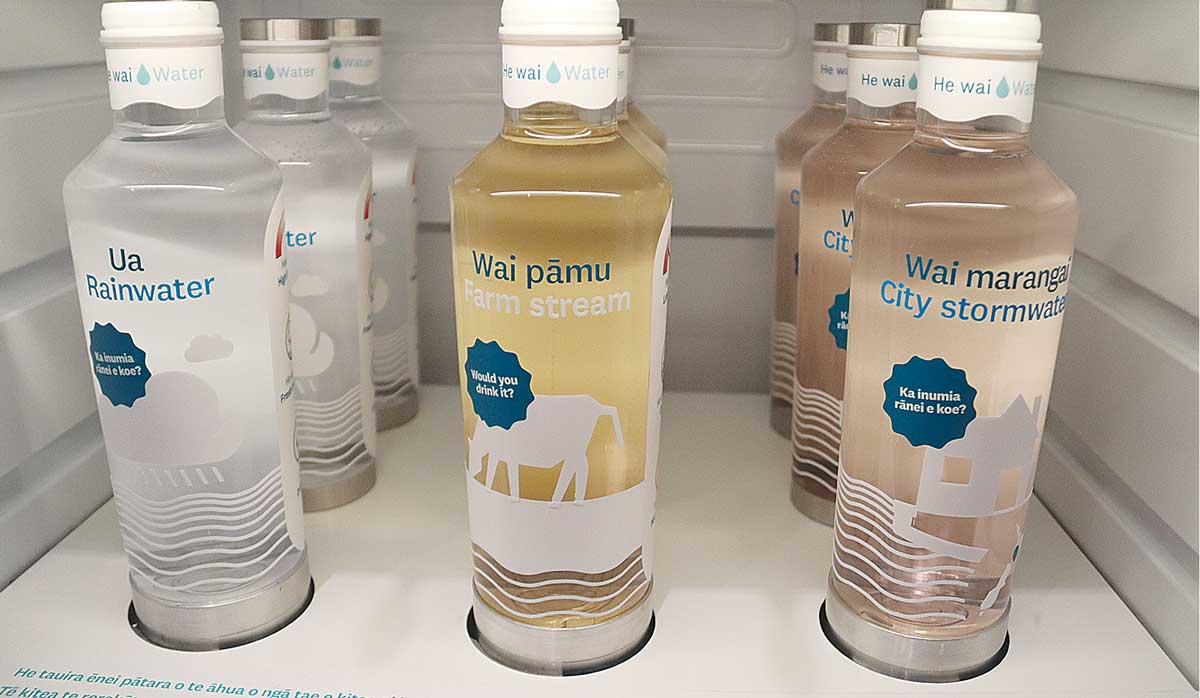Strange bedfellows
OPINION: Two types of grifters have used the sale of Fonterra's consumer brands as a platform to push their own agendas - under the guise of 'caring about the country'.
OPINION: “A lie is halfway around the world before the truth has a chance to get its pants on” sums up the propaganda certain activists, bureaucrats and policymakers are spreading about the farming sector in this country.
Such a quote can be attributed to Winston Churchill.
For years, we’ve seen the likes of Fish & Game, Greenpeace and Forest and Bird lobbyists constantly and consistently painting agriculture with malevolent terms such as: ‘dirty dairying’, ‘industrial farming’ and ‘water polluters’ – to name a few. While there is some truth in such claims, it is by no means fair or truthful to label all farming as environmentally damaging as these groups do.
Late last year, we saw the country’s national museum Te Papa running an exhibition on water quality in New Zealand that was clearly anti-farming. The exhibition showed water quality in various parts of the country: farm streams, lakes and harbours. However, Te Papa had water bottles artificially coloured to show what they believe is the colour of water in those places. It also had an interactive display where people can supposedly improve the environment by touching a screen which said: “less dairy”.
For its part, Te Papa basically admitted it was screwing the scrum on farming’s impact in its exhibition to get people talking about the environment.
“We can’t be an encyclopaedia that presents the full complexity of an issue,” a museum spokesperson said. “But we can spark interest and get people thinking and talking.”
 |
|---|
|
The bottles at Te Papa’s exhibit on water quality. |
That is an unbelievably dangerous and irresponsible attitude from the country’s national museum.
And now we see the latest addition to the school curriculum, a government–backed resource on climate change, which – again – takes an overly simplistic and anti-farming approach to a very complex subject.
The teaching resource, which will be used in schools this year, see students told, among other things, to eat less meat and dairy to stave off the end of the world.
There appears to be no discussion about the actual carbon footprint of NZ meat and dairy (which is low compared to other global producers) or the environmental impact of growing more crops to produce plant-based food.
How can we expect people to be fully informed on such important issues; when deliberate half-truths and misleading information is sanctioned by government, educators and museums?
As an industry we must continue to push back and demand the whole truth be told.
Herd improvement company LIC has posted a 5.2% lift in half-year revenue, thanks to increasing demand for genetics.
According to the latest Fresh Produce Trend Report from United Fresh, 2026 will be a year where fruit and vegetables are shaped by cost pressures, rapid digital adoption, and a renewed focus on wellbeing at home.
The Roar is a highlight of the game hunting calendar in New Zealand, with thousands of hunters set to head for the hills to hunt male stags during March and April.
OPINION: The past few weeks have been tough on farms across the North Island: floods and storms have caused damage and disruption to families and businesses.
European dairy giant Arla Foods celebrated its 25th anniversary as a cross-border, farmer-owned co-operative with a solid half-year result.
The sale of Fonterra’s global consumer and related businesses is expected to be completed within two months.

OPINION: Meanwhile, red blooded Northland politician Matua Shane Jones has provided one of the most telling quotes of the year…
OPINION: This old mutt has been around for a few years now and it seems these ‘once in 100-year’ weather…